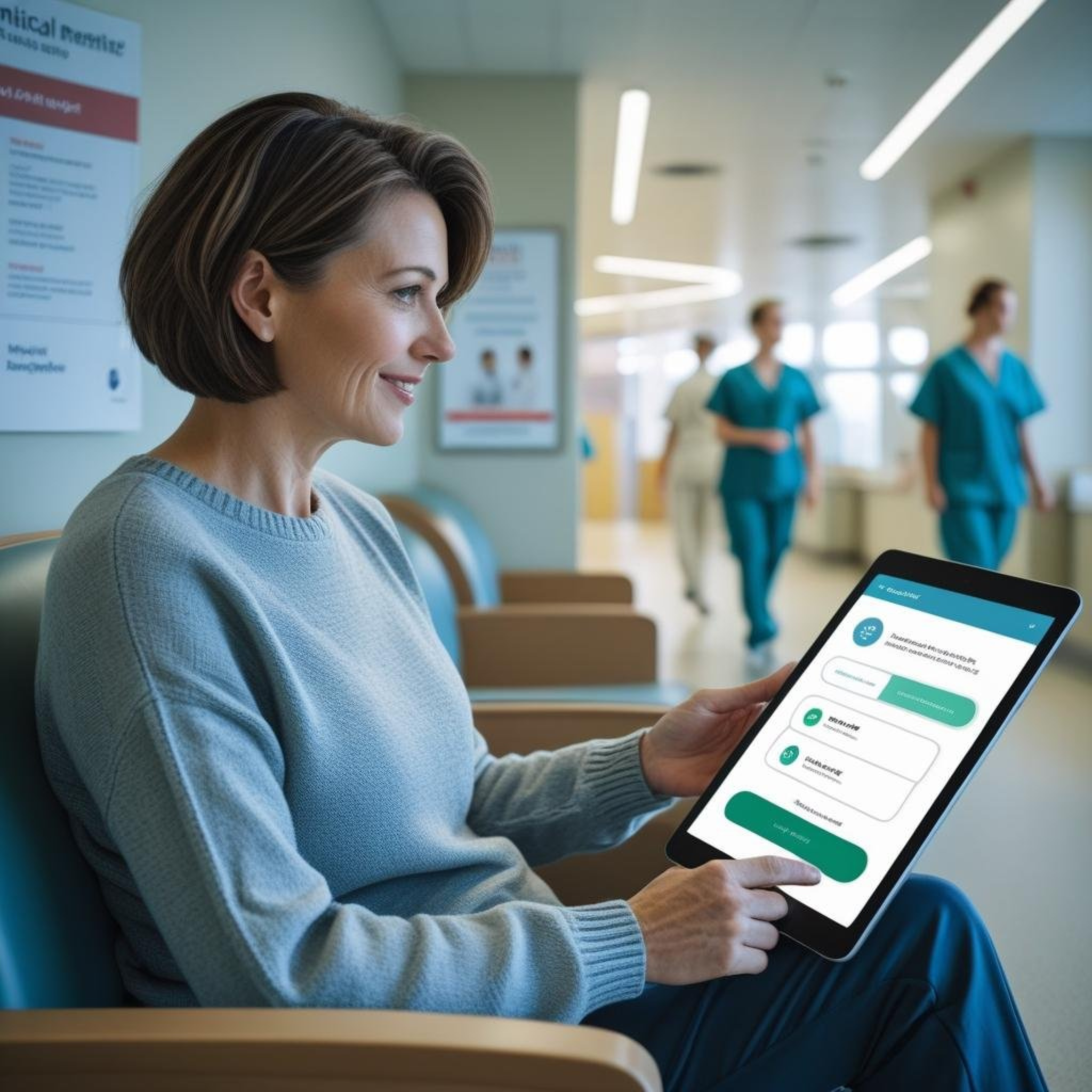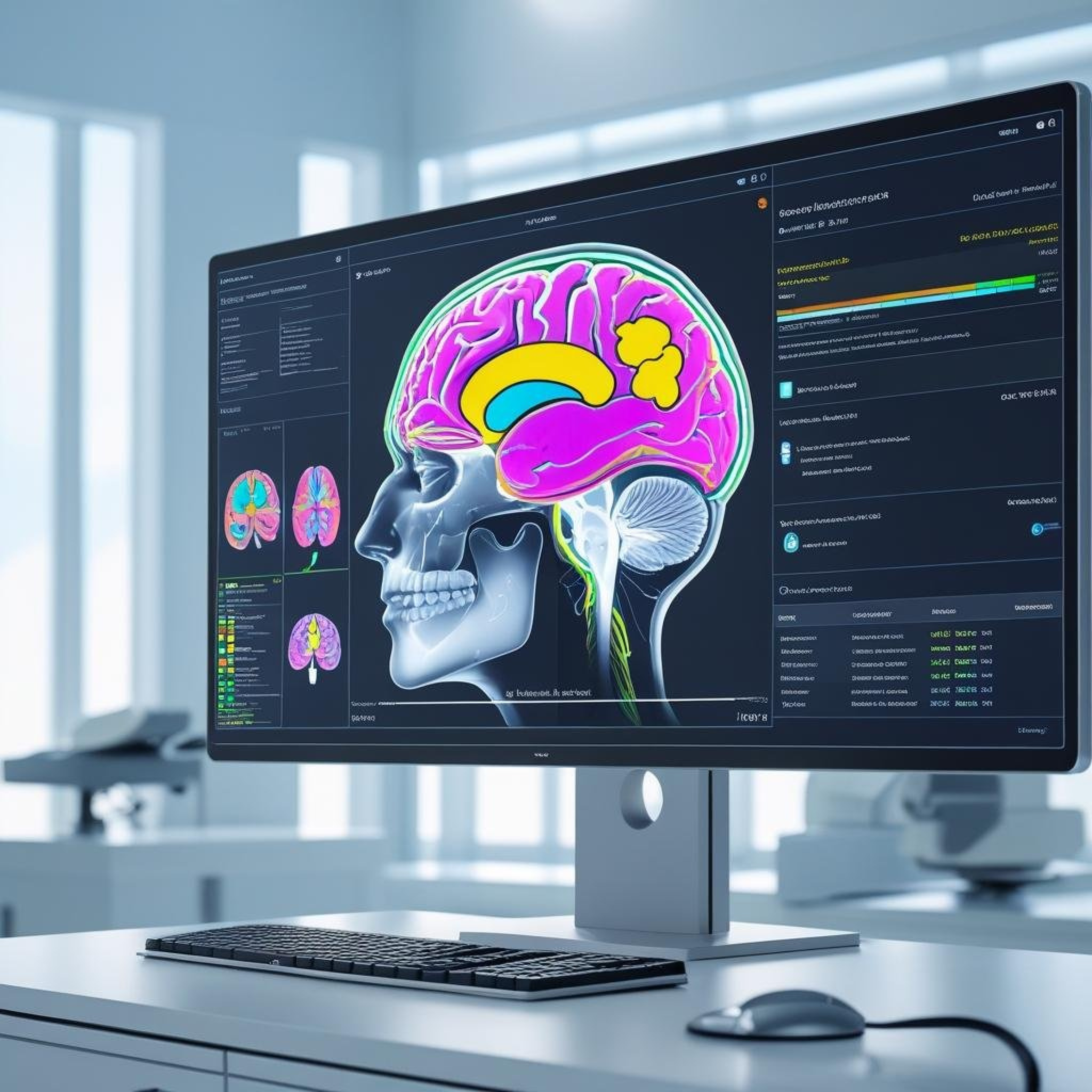AI in Healthcare: Transforming Patient Care and Operations
 aiassistant
aiassistant
AI in Healthcare: How Intelligent Assistants Are Transforming Patient Care
The healthcare industry stands at a critical juncture. With healthcare providers facing unprecedented staffing shortages and operational challenges, artificial intelligence is emerging as a transformative solution. The AI healthcare market is experiencing explosive growth, projected to expand from $20.9 billion in 2024 to an estimated $148.4 billion by 2029, with a compound annual growth rate of 48.1% according to MarketsAndMarkets.
This transformation isn't just about adopting new technology—it's about fundamentally reimagining how healthcare operates. According to Deloitte's 2024 Health Care Outlook, 80% of hospitals now utilize AI to enhance patient care and workflow efficiency, while 46% of U.S. healthcare organizations are in the early stages of implementing Generative AI.
The Healthcare Crisis: Understanding the Urgent Need for AI Solutions
.png)
"Healthcare workers managing excessive administrative burden highlighting the need for AI automation"
Healthcare providers face a perfect storm of challenges that AI Assistants are uniquely positioned to address:
Administrative Burden Crisis
Healthcare professionals spend significant time on non-clinical tasks that could be automated. This administrative burden not only increases operational costs but also contributes to provider burnout and reduces the time available for actual patient care.
Staffing and Efficieny Challenges
- Scheduling Inefficienies : Traditional appointment scheduling leads to conflicts, no-shows, and resource waste
- Communication Gaps: Patients struggle to get timely responses to inquiries and follow-up care
- Language Barriers: Diverse patient populations require multilingual support that's often unavailable
- Resource OPtimization: Healthcare systems need better tools to manage capacity and workflow
The Financial Impact
Healthcare organizations are seeking solutions that can reduce operational costs while maintaining or improving quality of care, making AI implementation both a technological upgrade and a strategic business necessity.
How AI Assistants Are Transforming Healthcare Operations
1. Virtual Health Receptionist and Patient Intake

"AI chatbot interface helping patient schedule healthcare appointment with automated intake process"
Virtual health receptionists represent the front line of AI transformation in healthcare, handling the complex web of patient interactions that traditionally required significant human resources.
Key Capabilities:
24/7 Patient Support: Unlike human receptionists, AI assistants never sleep, ensuring patients can access information and services around the clock
Intelligent Appointment Management: AI systems can access real-time calendar data, provider availability, and patient preferences to optimize scheduling
Insurance Verification & Pre-Authorization: Automated systems can verify coverage and begin pre-authorization processes before appointments
Symptom Assessment & Triage: Advanced AI can conduct initial symptom assessments to help route patients to appropriate care levels
2. Advanced Patient Communication and Follow-Up System

AI assistant sending personalized medical follow-up message to patient's phone with care instructions"
Patient communication extends far beyond initial appointments, and AI Assistants excel at maintaining consistent, personalized contact throughout the entire patient journey.
Comprehensive Communication Features
Automated reminder System
Pre-appointment reminders with preparation instructions
Medication refill notifications with pharmacy coordination
Preventive care reminders based on medical guidelines
Post-procedure follow-up scheduling
Personalized care Coordination:
Chronic disease management check-ins
Medication adherence monitoring and support
Symptom tracking and escalation protocols
Care plan adjustments based on patient responses
Multi-Channel Engagement:
SMS text messaging for immediate communications
Email for detailed information and documentation
Voice calls for complex or urgent matters
Secure patient portal integration
3. AI-Powered Medical Data Analysis and Decision Support

Artificial Intelligence system analyzing patient X-ray for diagnostic anomalies with clinical decision support
AI's ability to process and analyze vast amounts of medical data is revolutionizing diagnostic accuracy and clinical decision-making.
Clinical Decision Support
Diagnostic Imaging Analysis: AI systems can identify patterns and anomalies in medical imaging with increasing accuracy
Predictive Analytics: Early warning systems for patient deterioration or complications
Treatment Optimization: Evidence-based treatment recommendations based on patient data and outcomes research
Drug Interaction Monitoring: Real-time analysis of medication combinations for safety
Operation Analytics:
Resource allocation optimization
Bed management and capacity planning
Staff scheduling based on predicted patient volumes
Supply chain management and inventory optimization
4. Multilingual Support and Cultural Competency
Healthcare AI systems are breaking down language barriers and improving access to care for diverse populations.
Language and Cultural Features:
Real-Time Translation: Accurate medical translation in 100+ languages
Cultural Sensitivity: Culturally appropriate communication styles and healthcare explanations
Dialect Recognition: Understanding of regional speech patterns and colloquialisms
Religious Considerations: Awareness of religious practices affecting medical care
Global Impact:
More than half (53%) of EU healthcare organizations plan to use medical robotics by the end of 2024, indicating widespread international adoption of AI healthcare solutions.
The Future of HealthCare Evolution is Here with AI
The evidence is clear: healthcare organizations that embrace AI Assistants today are positioning themselves for sustainable success in an increasingly competitive and challenging industry. With 80% of hospitals already using AI to enhance patient care and workflow efficiency, the question isn't whether to adopt AI—it's how quickly you can implement it to stay competitive and provide the best possible patient care.
AI Assistants don't replace the human touch in healthcare; they amplify it by eliminating administrative burdens, improving efficiency, and freeing healthcare professionals to focus on what they do best: caring for patients.
Transform Your Healthcare Practice Today
Free Healthcare AI Assessment: Get a customized analysis of AI opportunities in your practice
ROI Calculator: Discover your potential savings and efficiency gains
Implementation Roadmap: Receive a detailed plan for AI deployment in your organization
Success Stories: Learn from healthcare organizations already benefiting from AI
Schedule Your Free Healthcare AI Consultation: Book Now
Subscribe to my newsletter
Read articles from aiassistant directly inside your inbox. Subscribe to the newsletter, and don't miss out.
Written by
